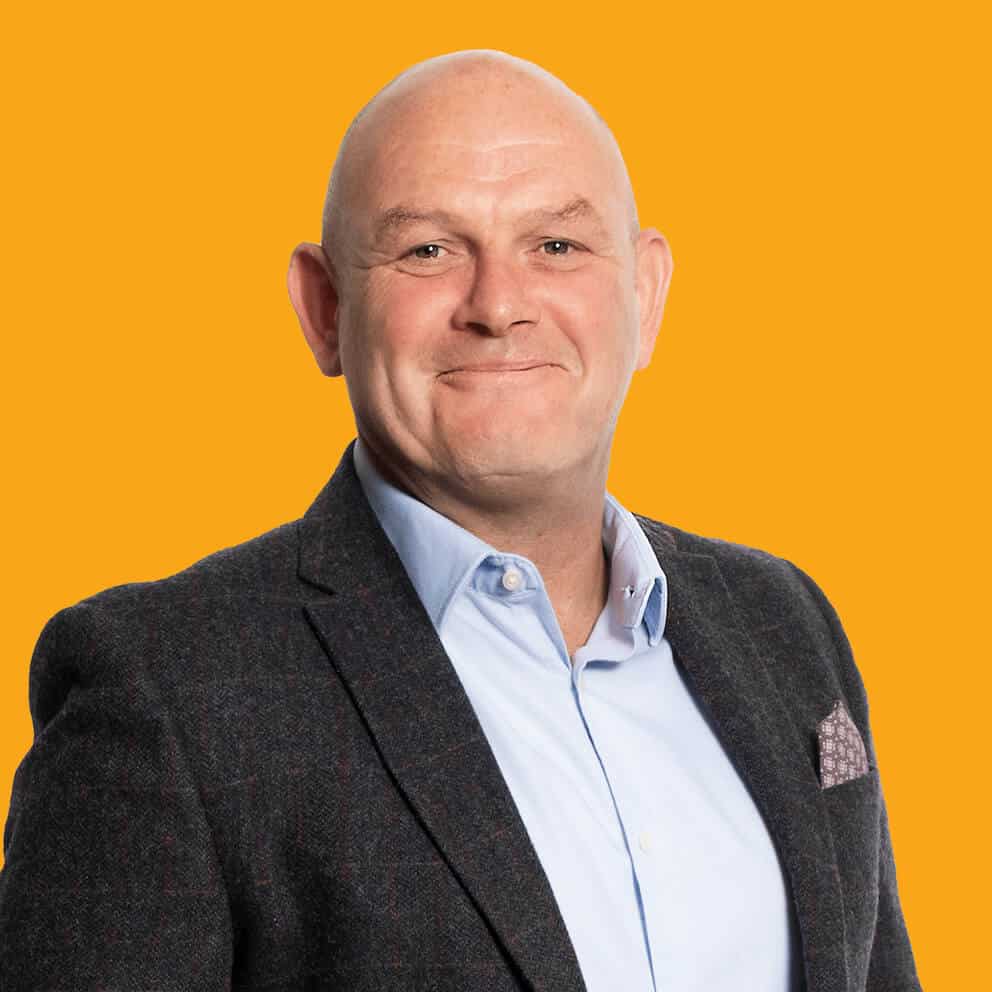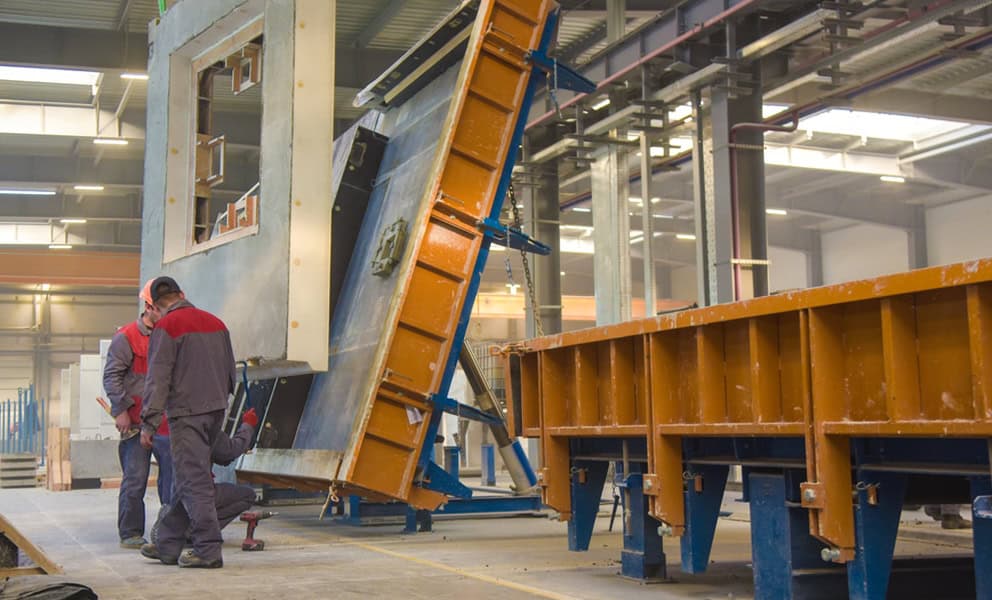
Building a Culture of Mental Wellbeing in Construction
Mental health is just as important as physical safety on construction sites. With long hours, high-pressure deadlines, and physically demanding tasks, construction workers are at increased risk of stress, anxiety, and burnout. However, fostering a culture of mental wellbeing can significantly improve worker morale, productivity, and overall site safety.
In this blog, we’ll explore why mental wellbeing matters in construction, how to break the stigma, and practical steps to create a healthier work environment.
1. Why Mental Wellbeing Matters in Construction
Higher Risk of Mental Health Issues
- The construction industry has one of the highest rates of mental health struggles, including stress, anxiety, and depression.
- Studies show that suicide rates among construction workers are significantly higher than in other sectors.
Impact on Productivity & Safety
- Mental health issues can lead to reduced focus, increased absenteeism, and a higher risk of accidents.
- Workers under stress are more likely to make mistakes, leading to delays and costly rework.
Retention & Workforce Stability
- A supportive mental health culture helps reduce staff turnover and retain skilled workers.
- Workers who feel supported are more engaged, productive, and loyal to their employer.
2. Breaking the Stigma Around Mental Health
Encourage Open Conversations
- Normalise discussions about mental health by incorporating it into regular toolbox talks.
- Encourage managers and supervisors to lead by example, openly discussing mental wellbeing.
Train Managers & Supervisors
- Equip site managers with mental health awareness training so they can spot signs of distress.
- Provide resources and referral pathways for workers needing additional support.
Implement a No-Judgment Culture
- Encourage workers to seek help without fear of discrimination or job loss.
- Develop a workplace policy that supports mental health sick days and flexible working where possible.
3. Practical Steps to Improve Mental Wellbeing on Site
Appoint Mental Health Champions
- Identify team members who can serve as mental health first aiders.
- Provide them with proper training to support colleagues and direct them to professional help.
Regular Check-Ins & Wellbeing Initiatives
- Implement weekly or monthly mental health check-ins with teams.
- Organise initiatives such as on-site wellbeing activities, mental health workshops, and relaxation spaces.
Create Support Networks
- Offer Employee Assistance Programs (EAPs) for confidential counselling and support.
- Encourage peer-to-peer support by setting up buddy systems.
Promote Work-Life Balance
- Rotate shifts to avoid excessive overtime and ensure workers get enough rest.
- Provide break areas with comfortable seating where workers can relax and recharge.
4. How Majestic Site Management Promotes Mental Wellbeing
At Majestic Site Management Ltd, we believe that safety goes beyond physical protection. Our mental wellbeing initiatives include:
- Mental health toolbox talks to encourage open discussions.
- Training for managers to support workers struggling with stress.
- Worksite wellbeing policies that promote healthy work-life balance.
For expert construction site management with a focus on mental health and wellbeing, contact us at [email protected] or 01484 426302.
Conclusion
Creating a culture of mental wellbeing in construction requires awareness, support, and proactive policies. By breaking the stigma, training supervisors, and providing mental health resources, construction firms can build a happier, healthier, and more productive workforce.
At Majestic Site Management Ltd, we are committed to ensuring worker safety—both physically and mentally. Let’s work together to make construction sites supportive spaces for mental health and wellbeing.

With over 30 years’ experience in the construction industry, Lee offers more than just a helping hand to keep your project on track. Majestic Site Management also specialises in site compliance, and health and safety, with a long-list of credentials to prove it. Connect with Lee on LinkedIn >>


